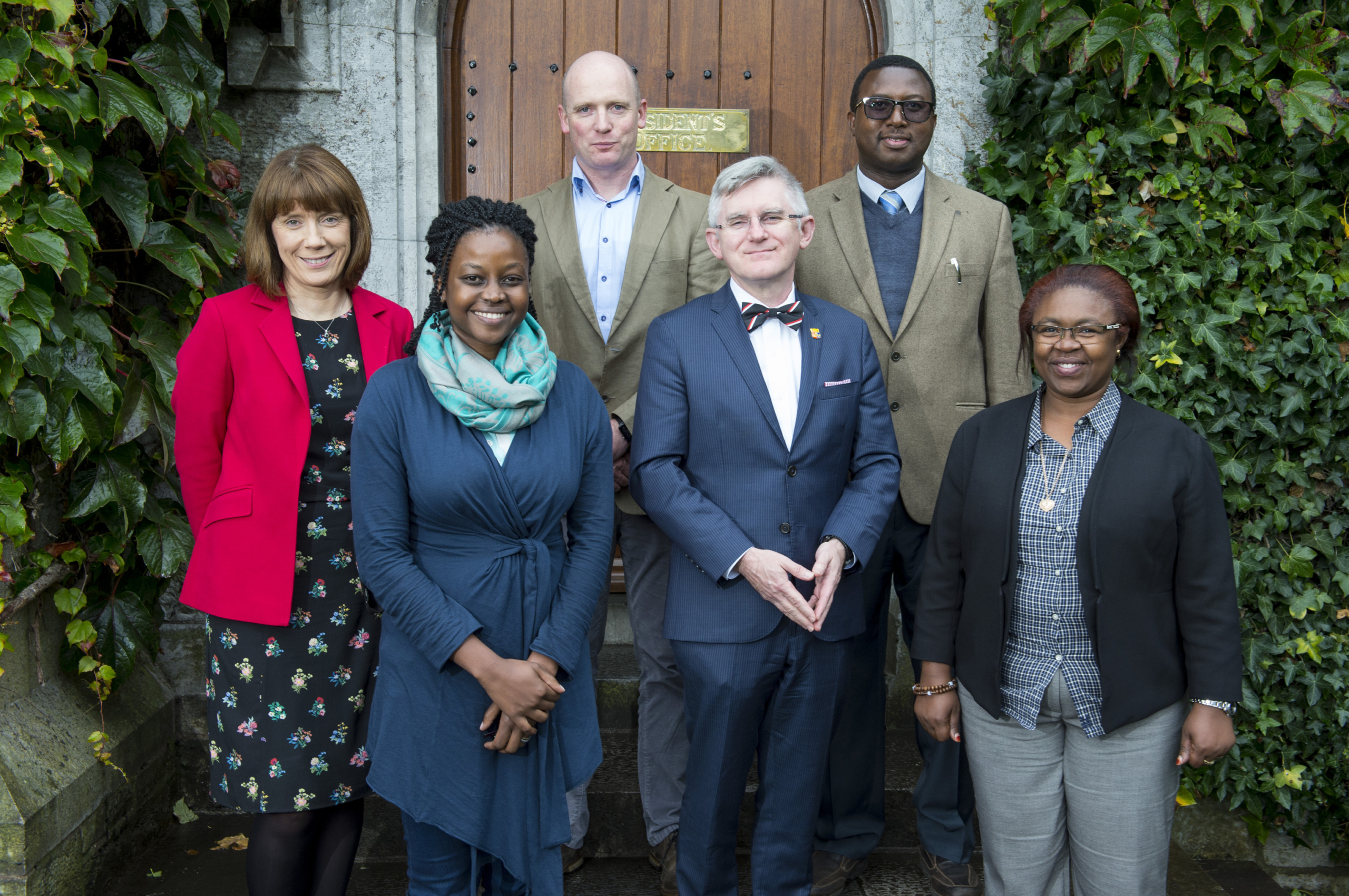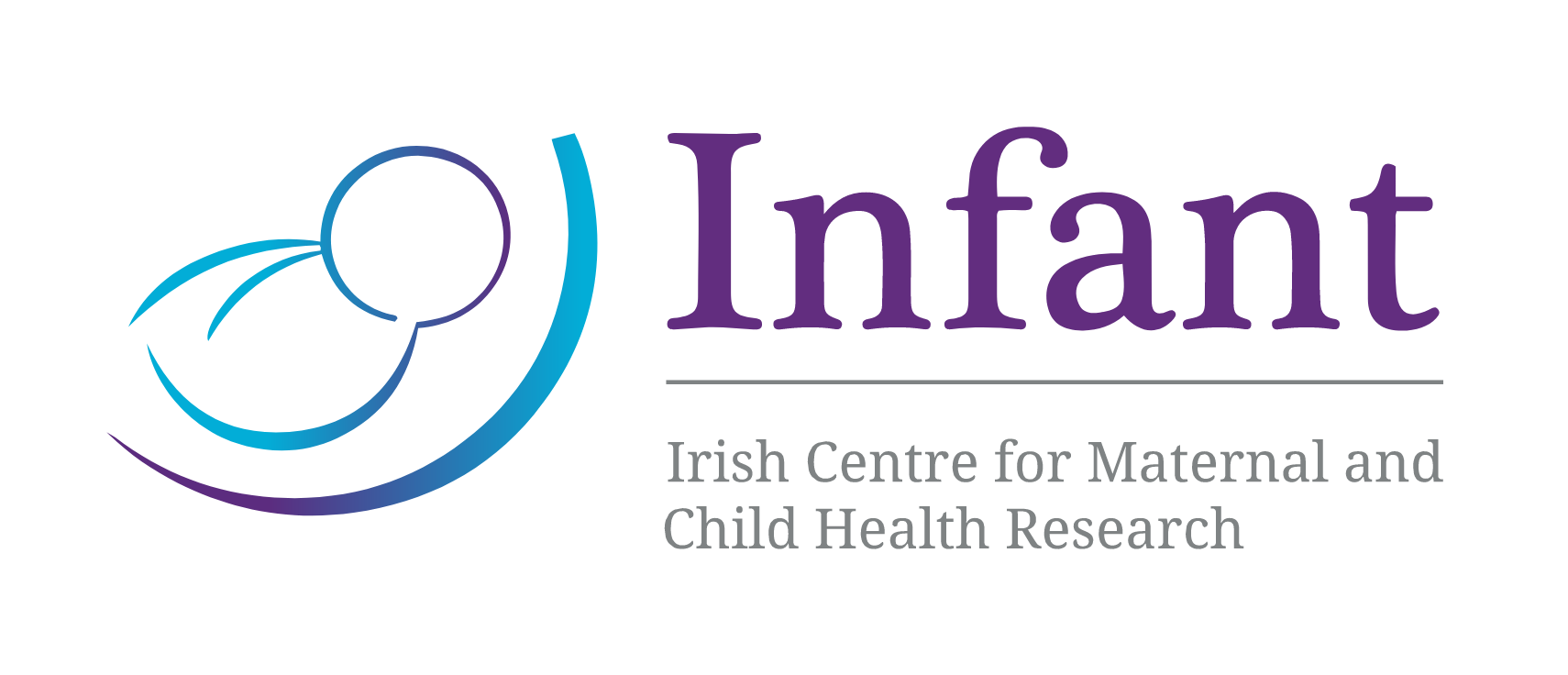Our work with Kilimanjaro Clinical Research Institute (KCRI)
INFANT recognises that maternal and perinatal complications, which account for almost 10% of the global burden of disease, are disproportionately experienced in developing countries. INFANT will help to address this inequality over the coming five years through pioneering innovation in next-generation devices that will transform antenatal and neonatal healthcare and service delivery on a global level. INFANT is committed to translating our innovations into affordable, accessible and robust interventions that will reduce dependence on expensive technology and scarce human resources and expertise. This will have the greatest impact in low resource settings where the burden of disease is highest.
INFANT will deliver significant contributions to global health challenges, and will contribute to the progress on the following Sustainable Development Goals:
- #3: To ensure healthy lives and promote well-being for all at all ages
- #5: To achieve gender equality and empower all women and girls.
INFANT was the only Irish institution in 2015 that formally made published commitments to the World Health Organisation commissioned Global Strategy for Women’s, Children’s and Adolescent’s Health 2016-2030. A summary of our commitments can be seen in the Commitments Compendium (p.81)

In 2016, INFANT signed a Memorandum of Understanding with Kilimanjaro Christian Medical Centre/Kilimanjaro Clinical Research Institute to help us to deliver on this aim. This MoU sets out a strategic framework for research collaboration and partnership in a number of areas of scientific, clinical and operational support. This partnership is currently delivering a number of projects including enhancing the Kilimanjaro Christian Medical Centre (KCMC) Birth Registry, as well as collaborating on improving neonatal care at KCMC which has over 4000 births per year and is the main tertiary referral hospital for Northern Tanzania.
INFANT’s membership of the Healthcare Professional Associations Constituency of the World Health Organisation’s Partnership for Maternal Newborn and Child Health, helps to inform our work to deliver the best societal impact possible.
